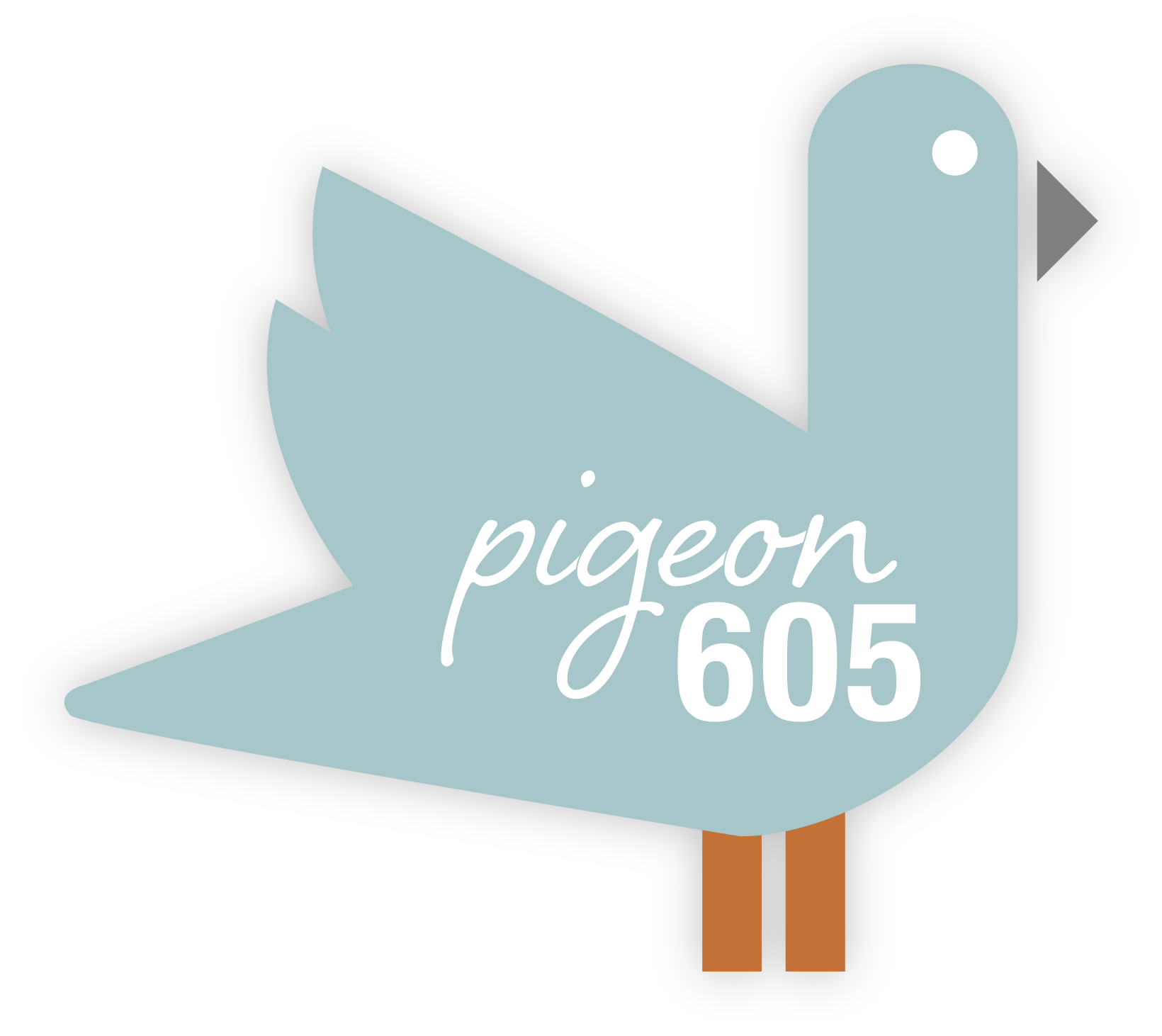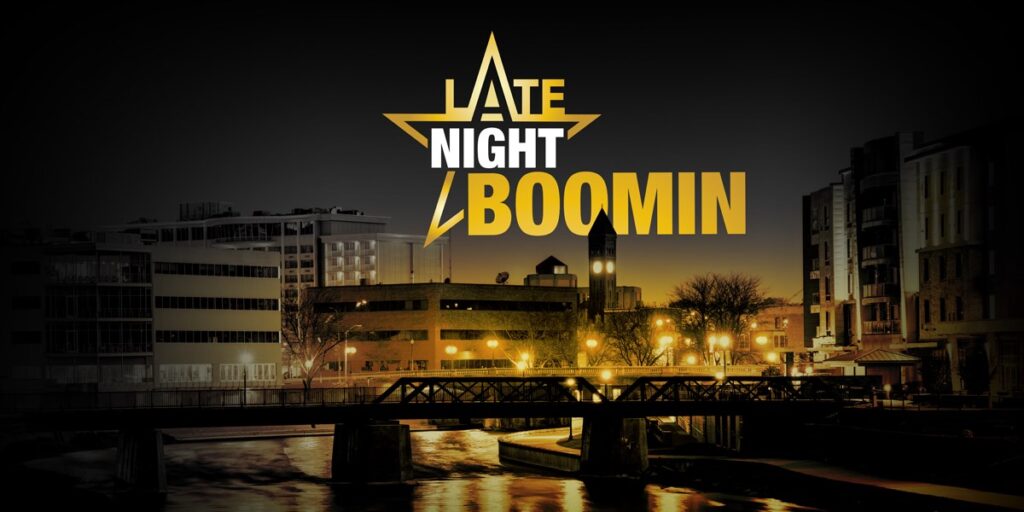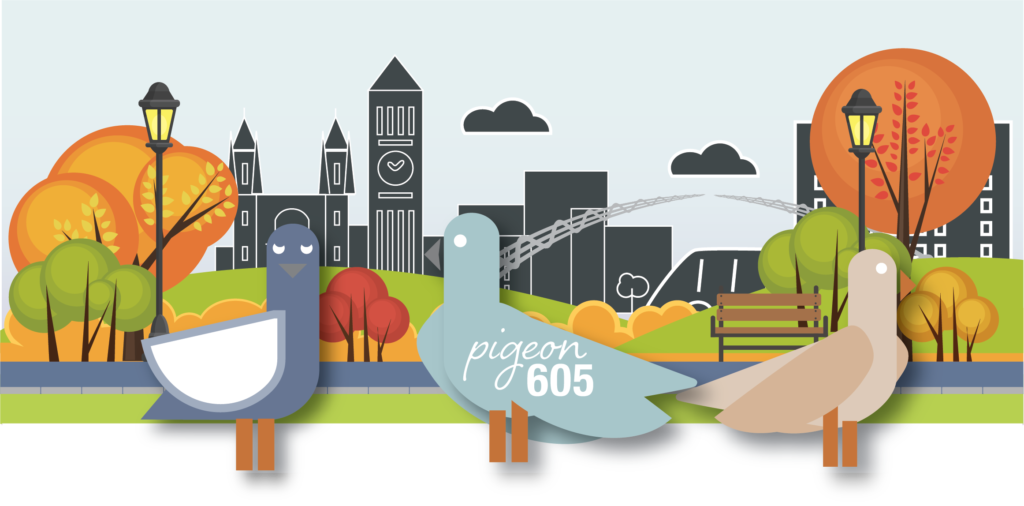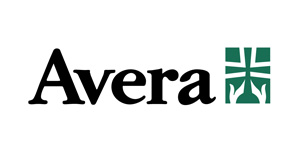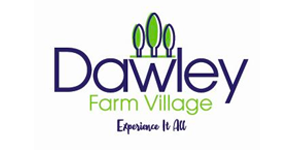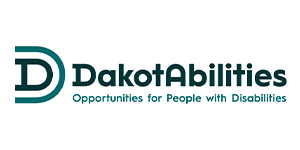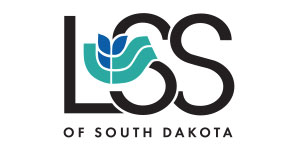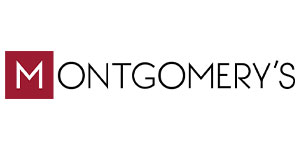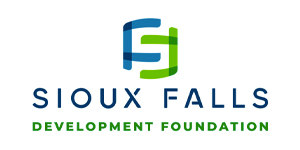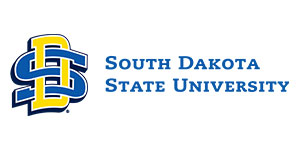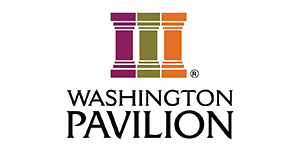As Sioux Falls Pride Festival outgrows home, broader community change is behind it
There will be a parade Saturday down Phillips Avenue.
That may not seem remarkable. But considering it’s part of the overall Sioux Falls Pride Festival, which will bring thousands of people downtown this weekend, it’s worth reflecting upon just how much things have changed.

The first Sioux Falls Pride event was held at McKennan Park in 2000 and later moved to Terrace Park. This year, the Pride in the Park portion of the weekend will be held at Cherapa Place to accommodate the more than 80 vendors, a stage featuring 13 drag performances and the expected crowd.
“We have gotten so large that we needed more space,” said Rachel Polan, a board member and marketing director for Sioux Falls Pride, the nonprofit that organizes the festival.
The growth of the Sioux Falls Pride Festival reflects changing perceptions and acceptance of LGBTQ+ communities across the nation. There’s no better evidence than the legalization of gay marriage by the U.S. Supreme Court in 2015. That may seem ages ago, but in the timeline of societal change, it’s just a turning point, not a destination.
And in South Dakota, where legislative battles over who can go in which bathroom arise annually, the journey takes a bit longer.
Still, the LGBTQ community and their allies will find a welcoming space, with rainbow flags hanging from local businesses, on the city’s premier avenue. The first parade in 2019 attracted more than 10,000 people, according to Sioux Falls Pride. And moving Pride in the Park to nearby Cherapa Place will make for a contiguous series of events.
The festival begins Friday evening at Club David with Drag Queen Bingo at 5 p.m. and the Pride Kickoff Show at 9 p.m. It’s also Pride Night at the Sioux Falls Canaries baseball game.

Saturday, the parade begins at 10 a.m. Pride in the Park picks up at 11 a.m. and runs through 5 p.m. Then, the celebration moves to the Full Circle Book Co-op for happy hour at 5 p.m. and then back to Club David for the official after-party at 9 p.m.
This is the belated 20th year celebration of Pride in Sioux Falls because of the pandemic.
From little things big things come. And today, the organization is a visible advocate for LGBTQ+ rights in the city and pressing further into the surrounding communities.
“In Sioux Falls overall, I think the wider community has accepted the LGBTQ+ community,” Polan said. “The people who don’t are definitely in the minority. It’s a safe place. The surrounding communities are struggling a little bit, and our state Legislature continues to put forward harmful bills and messages for our community.
“Things do seem to be getting better. There is room to improvement for sure. We have been accepted, but we’re still not as visible as we’d like to be.”

The visibility and accessibility are crucial, especially for new people who move to town, said Quinn Kathner-Tucker, who moved here from Woonsocket in 2006.
“It’s really a first touch point when you come to a new community like Sioux Falls,” said Kathner-Tucker, who also served as Pride president from 2018 to 2020. “You know where the dialogue can start. You have a home here.”
One does not need to spend a lot of time in other parts of South Dakota to understand that same welcoming attitude doesn’t travel into the less-populated areas. It’s not that there aren’t LGBTQ+ people out there or supporters. It’s just that it’s much less visible.
You won’t see many rainbow buffalos while traveling along the Missouri River.
The political struggles, not even for equity, but to rein in outright bigotry, are real in Pierre.
At the point of that spear is the ACLU. Standing behind the lawyers and lobbyists are thousands of people mobilized in the fight. The distance involved can make showing up at the Capitol difficult but the presence of ordinary South Dakotans in a committee room or legislative gallery can make a big difference.
They may not win every vote, and the fact is they lose more than they win, but the message is clear, said Jett Jonelis, advocacy manager for the ACLU in South Dakota.
“I think that any legislator that wants to support these kinds of bills should take notice that there are so many people in South Dakota who are willing to stand up and be vocal for LGBTQ and (Native American) two spirit people,” Jonelis said. “They have a right to be here and live authentically.”
Jonelis knows it can seem like attitudes in downtown Sioux Falls and the far reaches of the state are very different on the issues surrounding equity. But the reality is that LGBTQ+ and two spirit people live in every county, every corner, of South Dakota.
They are friends, family and co-workers. And the seeds of what has been happening the past 20 years are finding purchase elsewhere as well, Jonelis said.
That is a reason to be optimistic about the future, Jonelis said.
“Things have to change, and we have to have an ability to imagine a better South Dakota where everybody feels welcome,” Jonelis said. “We have to keep fighting and have to know in our hearts that we will make this a better place to live for people who are LGBTQ and two spirit.”

The shift in American attitudes is reflected in the business community at large. A list of corporations ranging from Wells Fargo to Sanford Health to Midco are sponsors of this year’s Sioux Falls Pride Festival. That’s driven by economics, the reality of the LGBTQ+customer base and the insatiable need to attract more and better workers.
A look at the event guide shows the broad range of support: 21_Pride_Guide
Inclusivity in the workplace is an absolute in the modern corporate culture that’s demonstrated in the flags decorating Phillips Avenue, not just this weekend, but year-round.
Organizational growth, like societal change, doesn’t happen with the flip of switch. There’s no cause and effect. It’s the intersection of economics, demographics and politics.
The list of publicly Pride-friendly business in Sioux Falls continues to grow. While that alone isn’t proof of societal change writ large, it wasn’t happening 20 years ago.
It is, at the very least, evidence of change – of growth.
“Sioux Falls Pride is wonderful about keeping the doors open, metaphorically speaking, and working toward an inclusive environment,” Kathner-Tucker said.
That shows up in all the daily activities of life, from events like the festival to smaller ones throughout the year. It’s in the networking opportunities and patronizing supportive local businesses, Kathner-Tucker said.
“That’s my road map.”
Share This Story
Most Recent
Videos
Want to stay connected to where you live with more stories like this?
Adopt a free virtual “pigeon” to deliver news that will matter to you.
